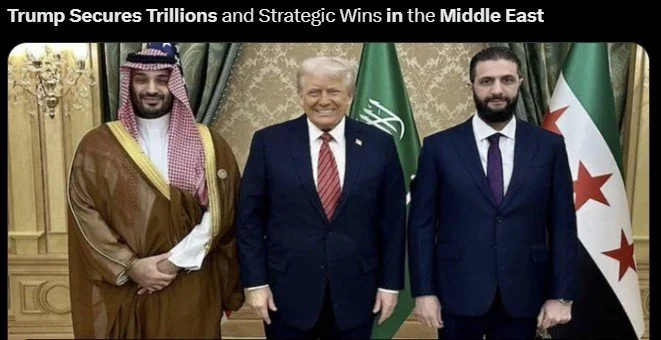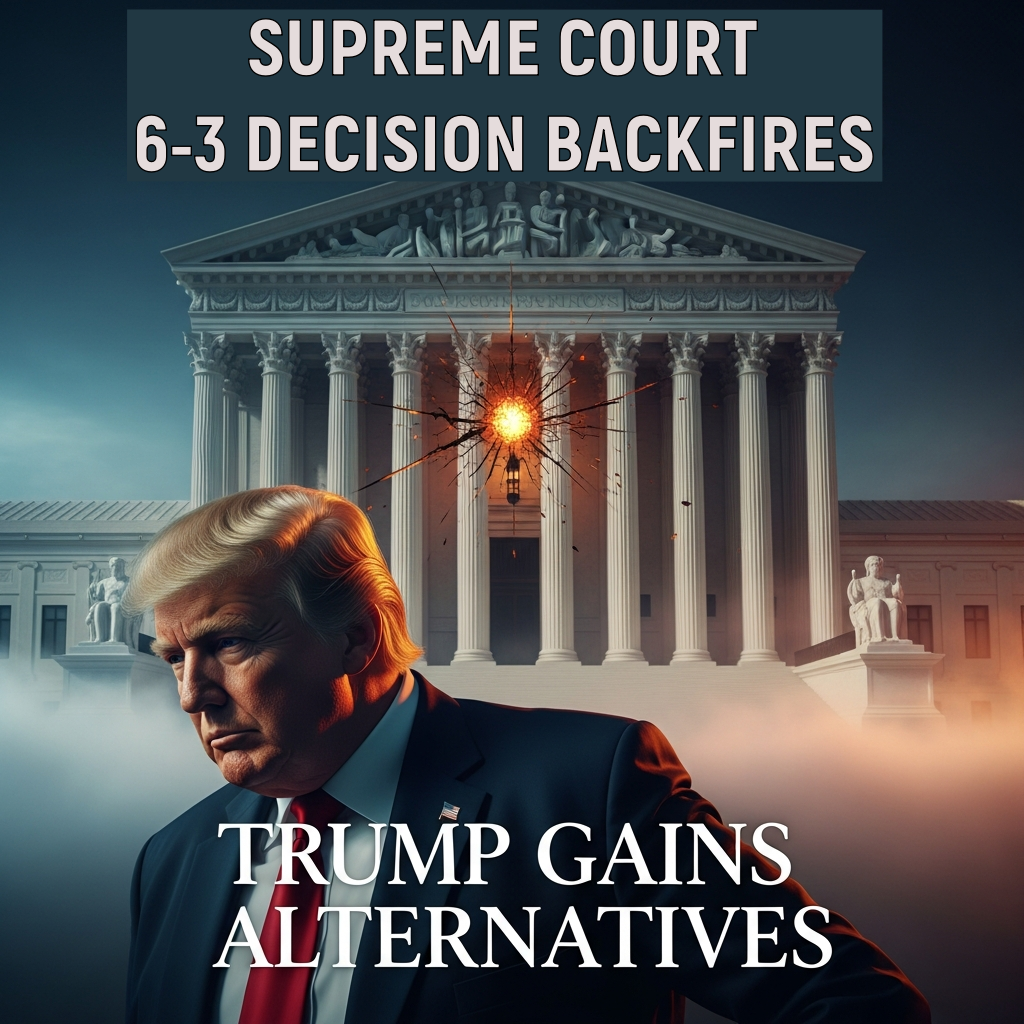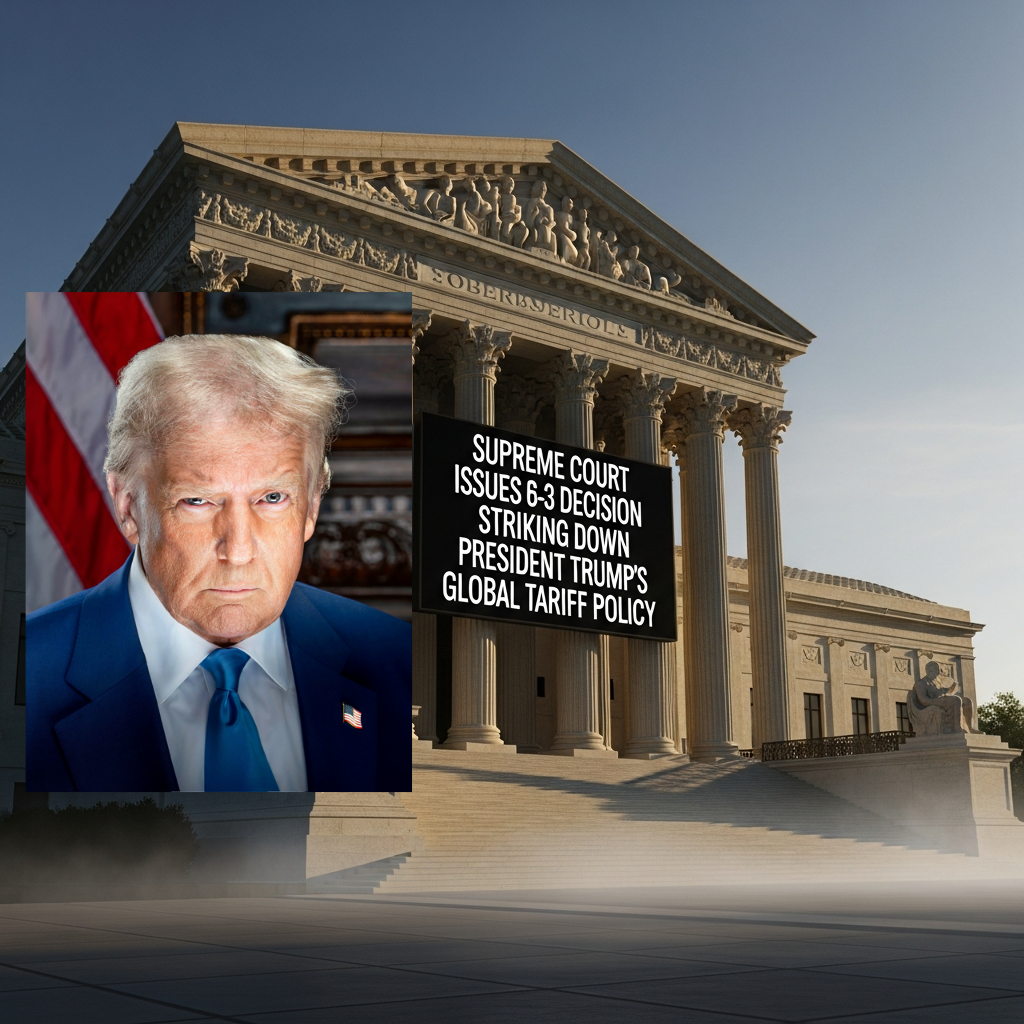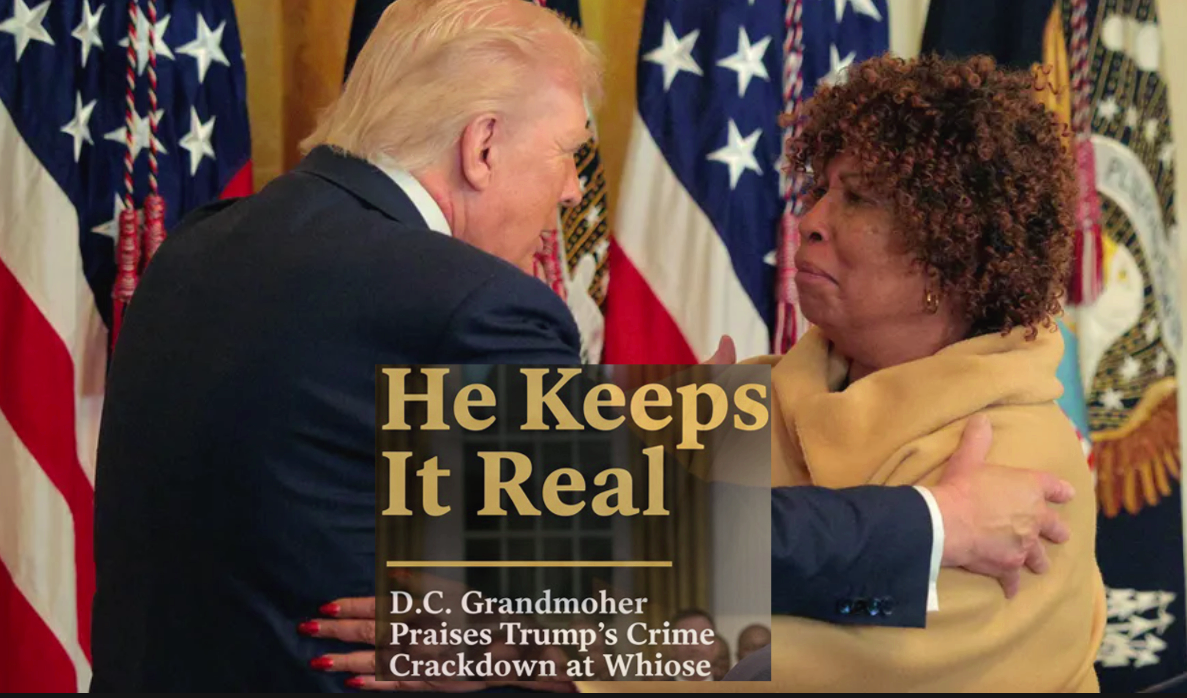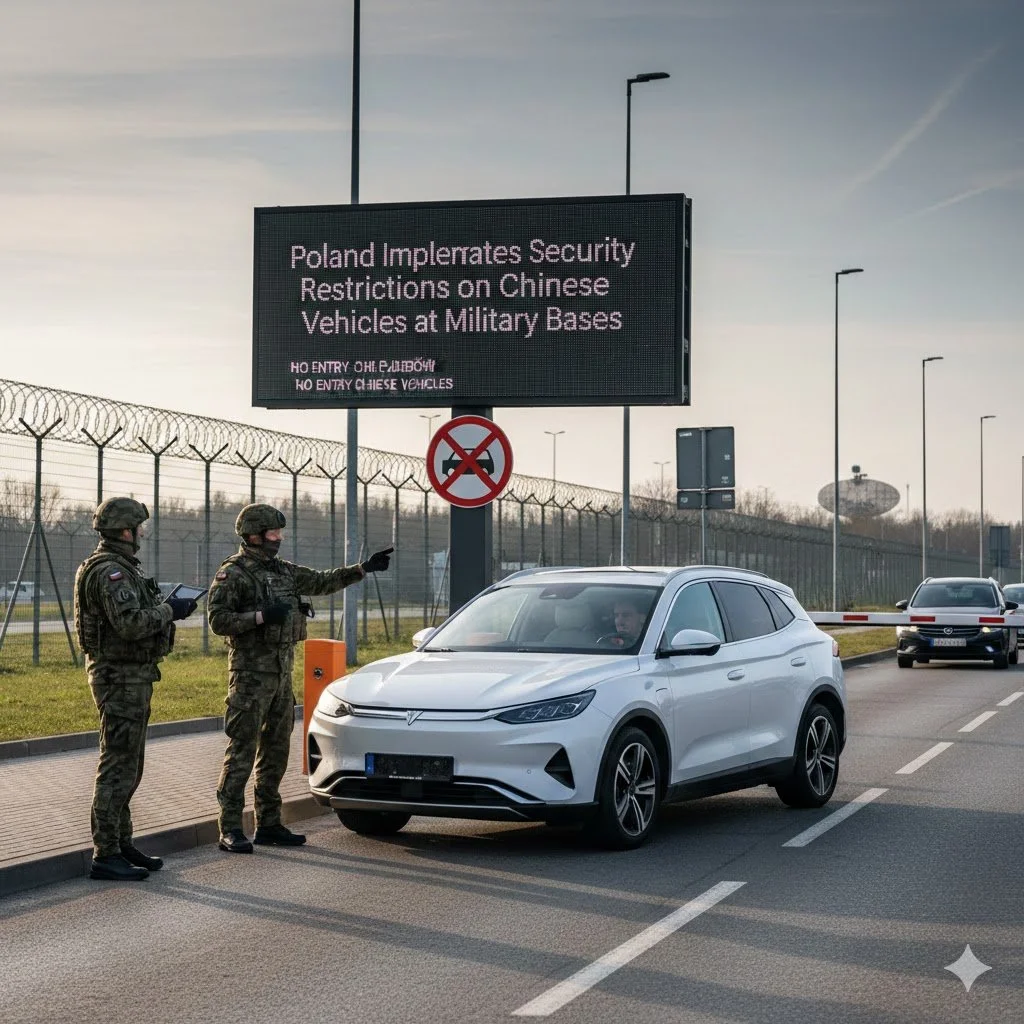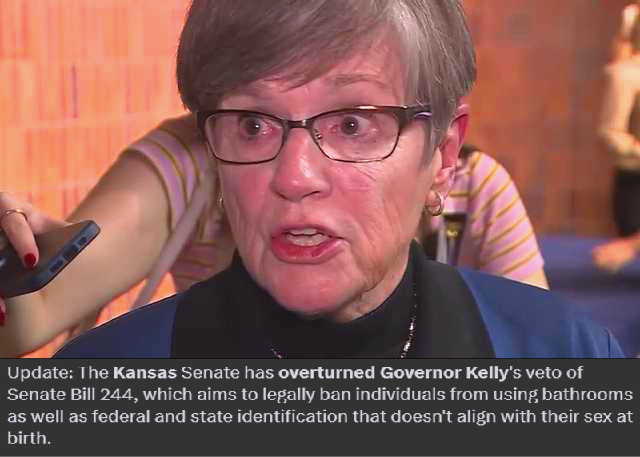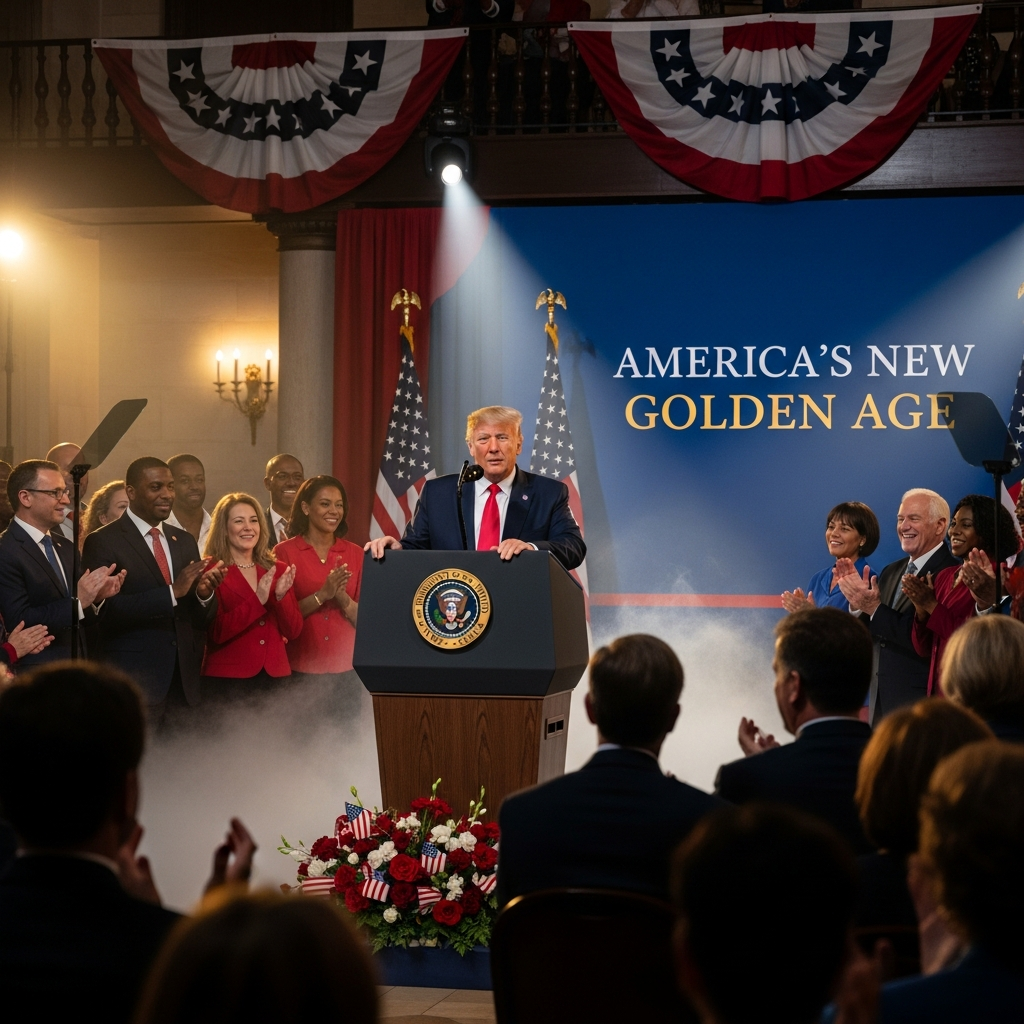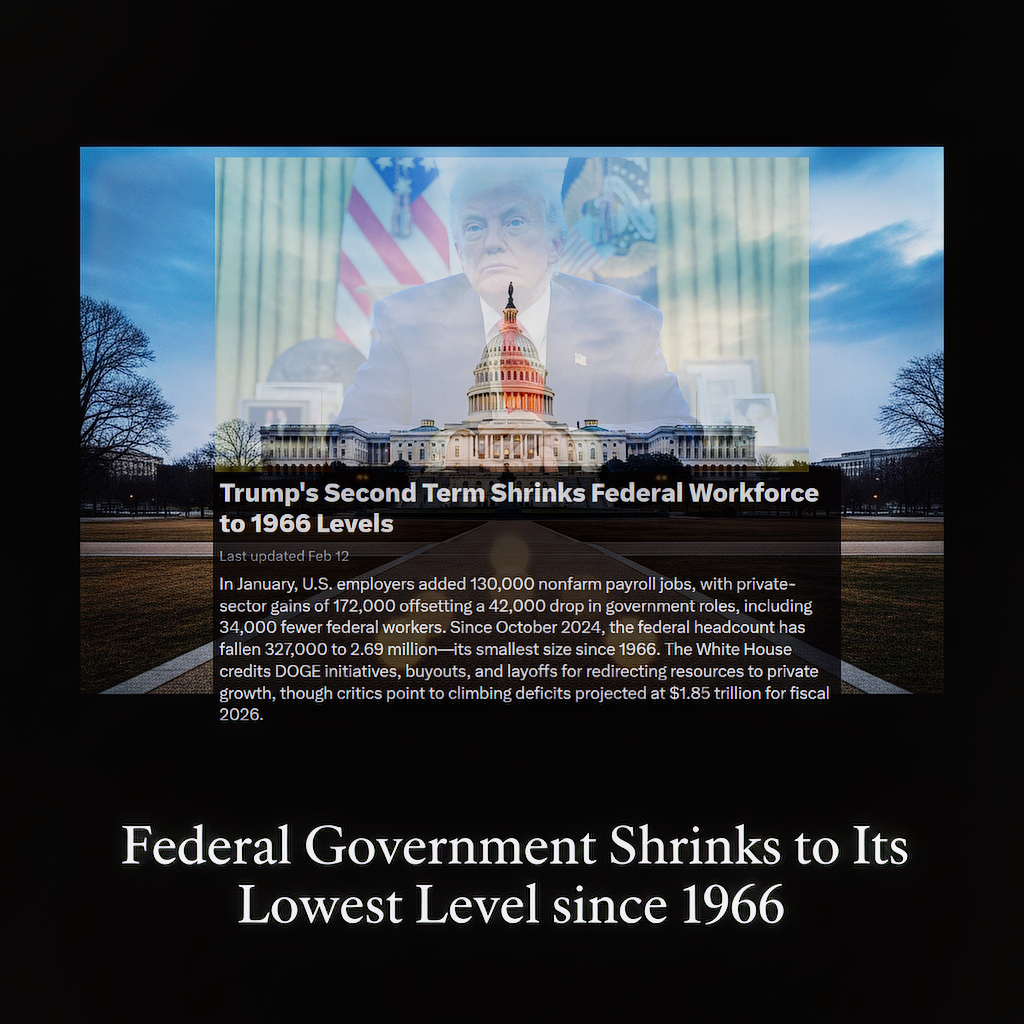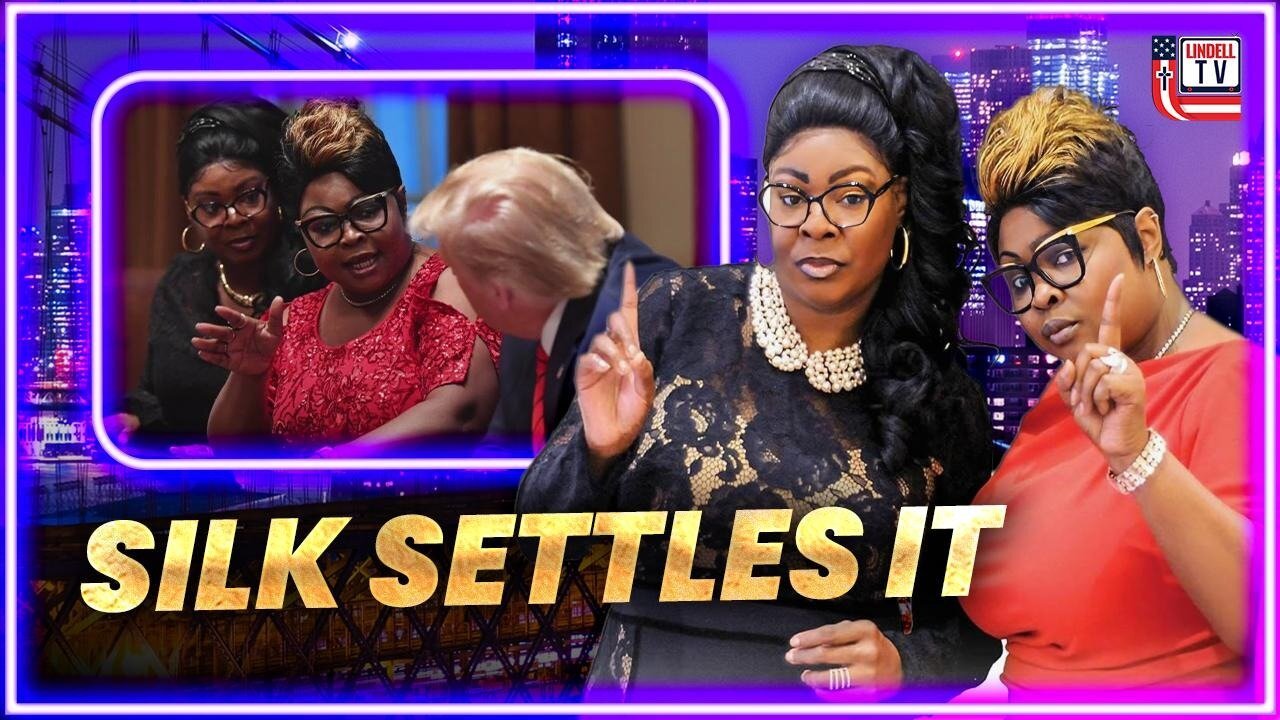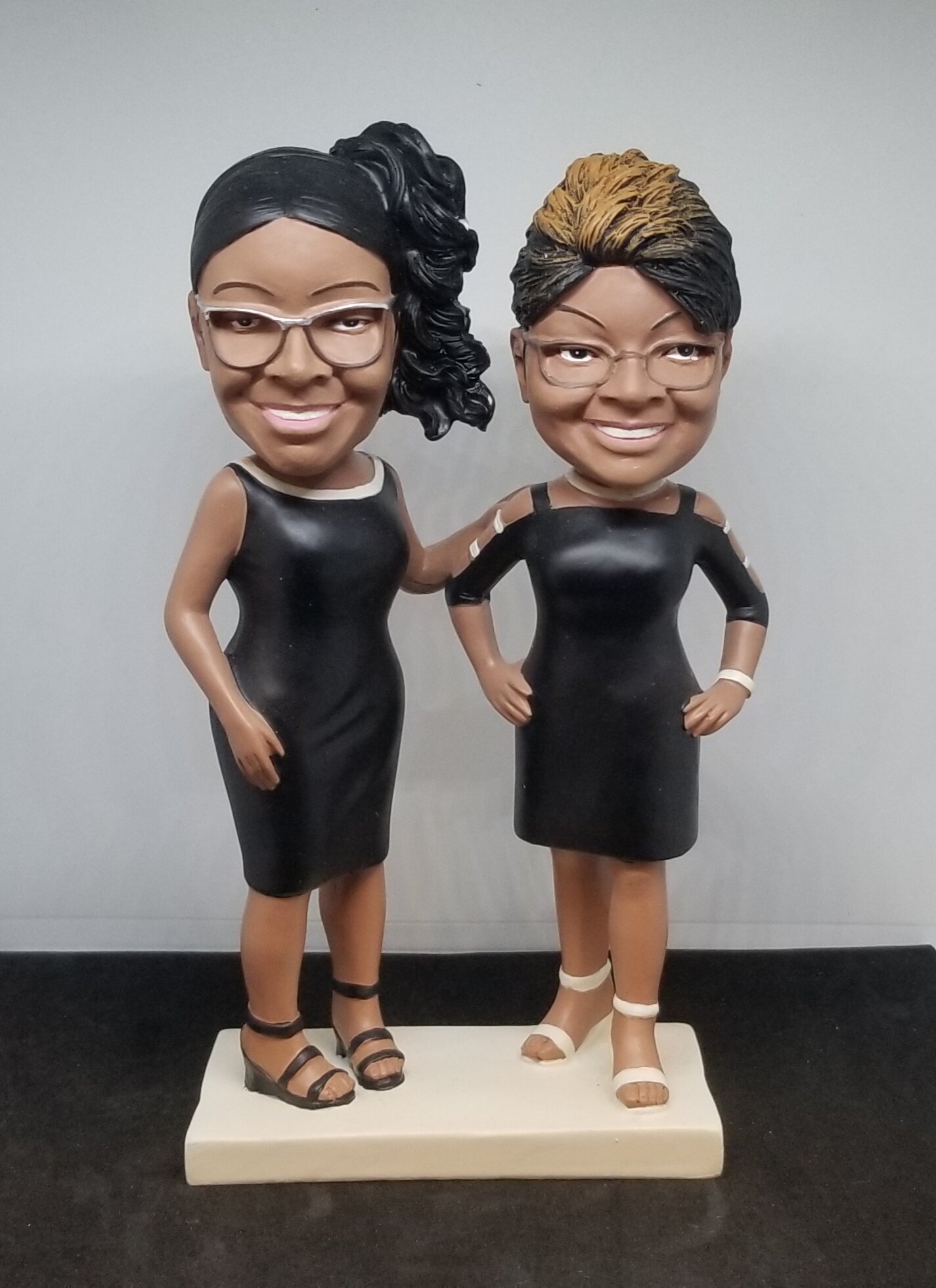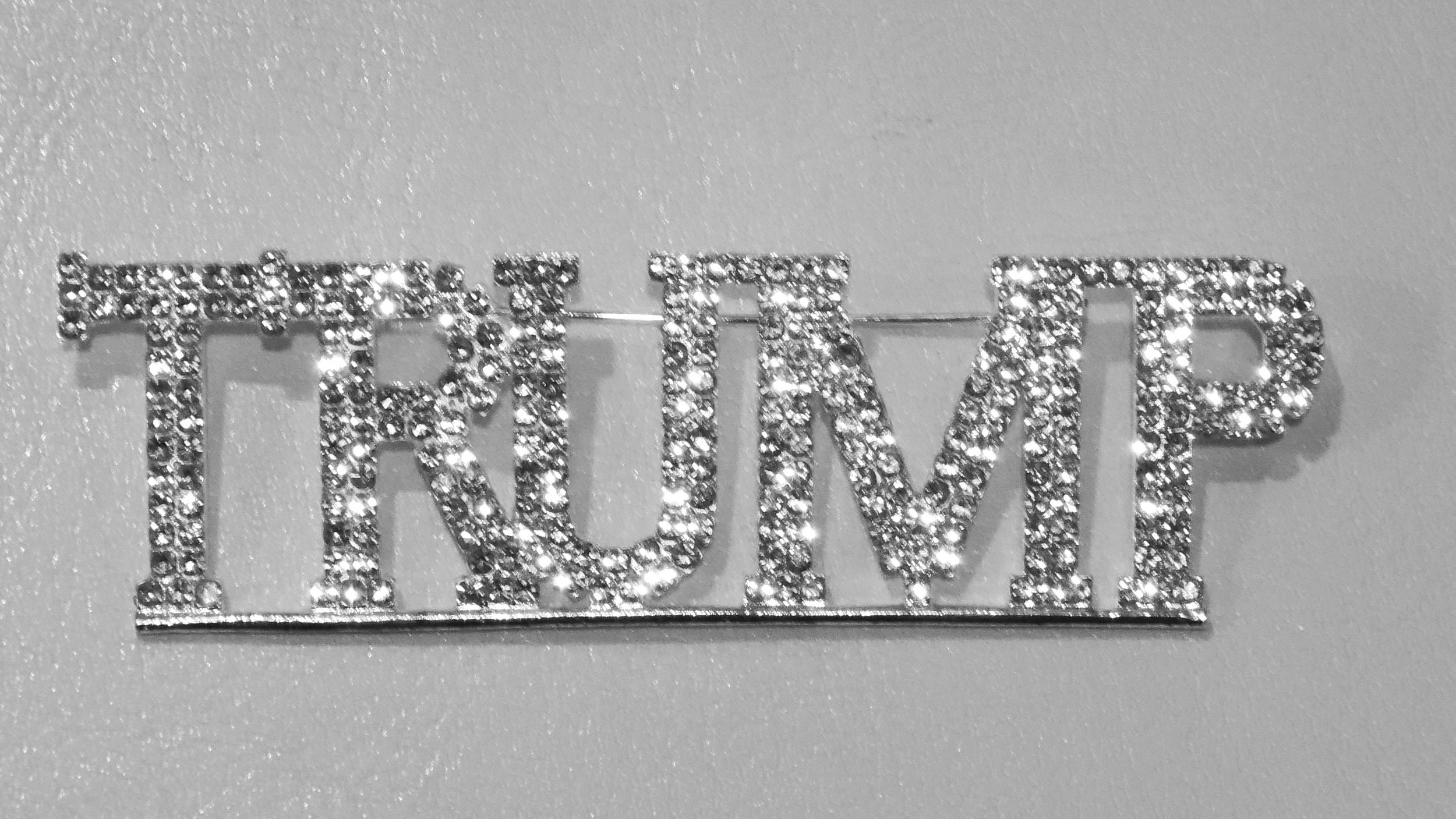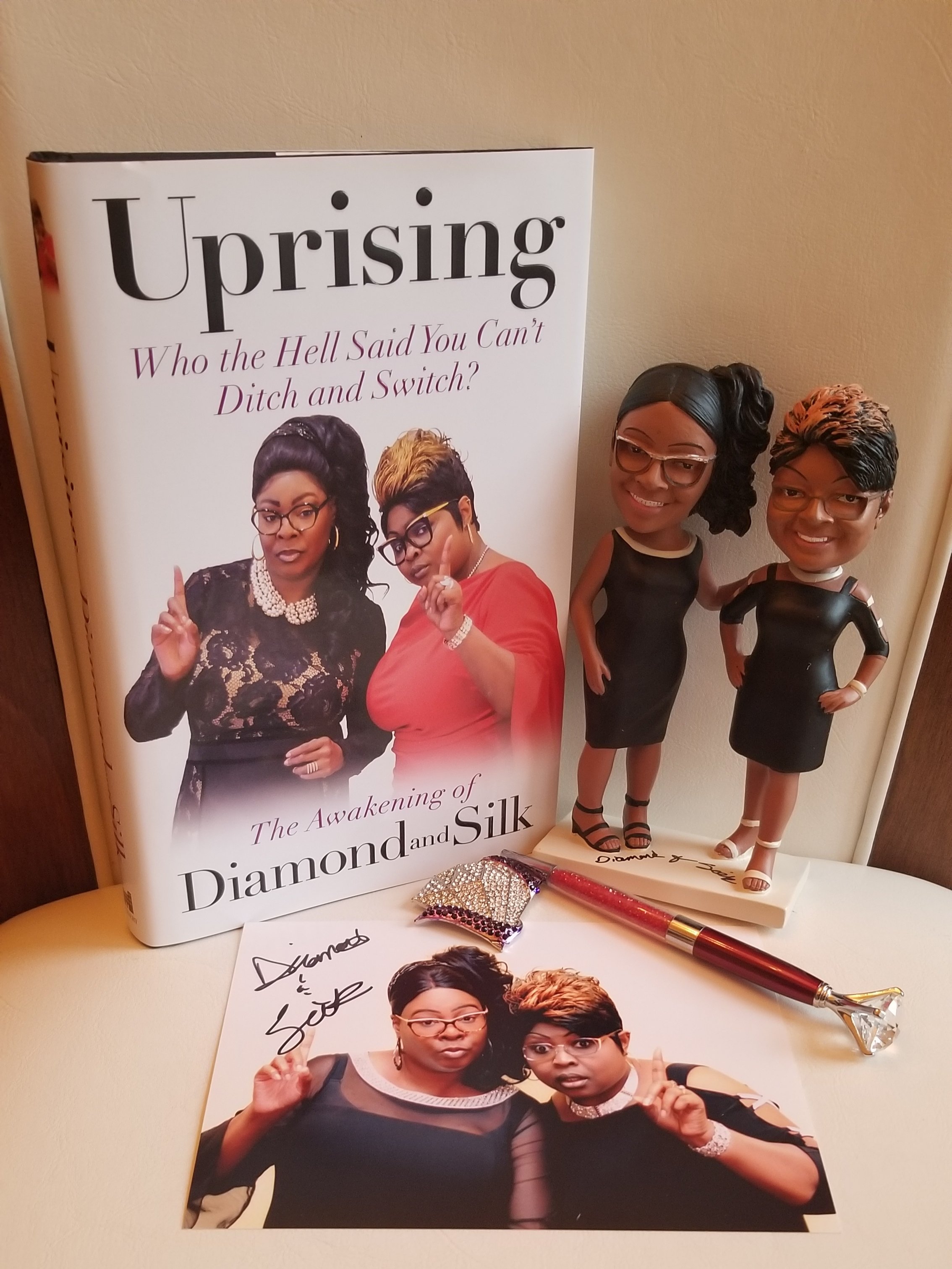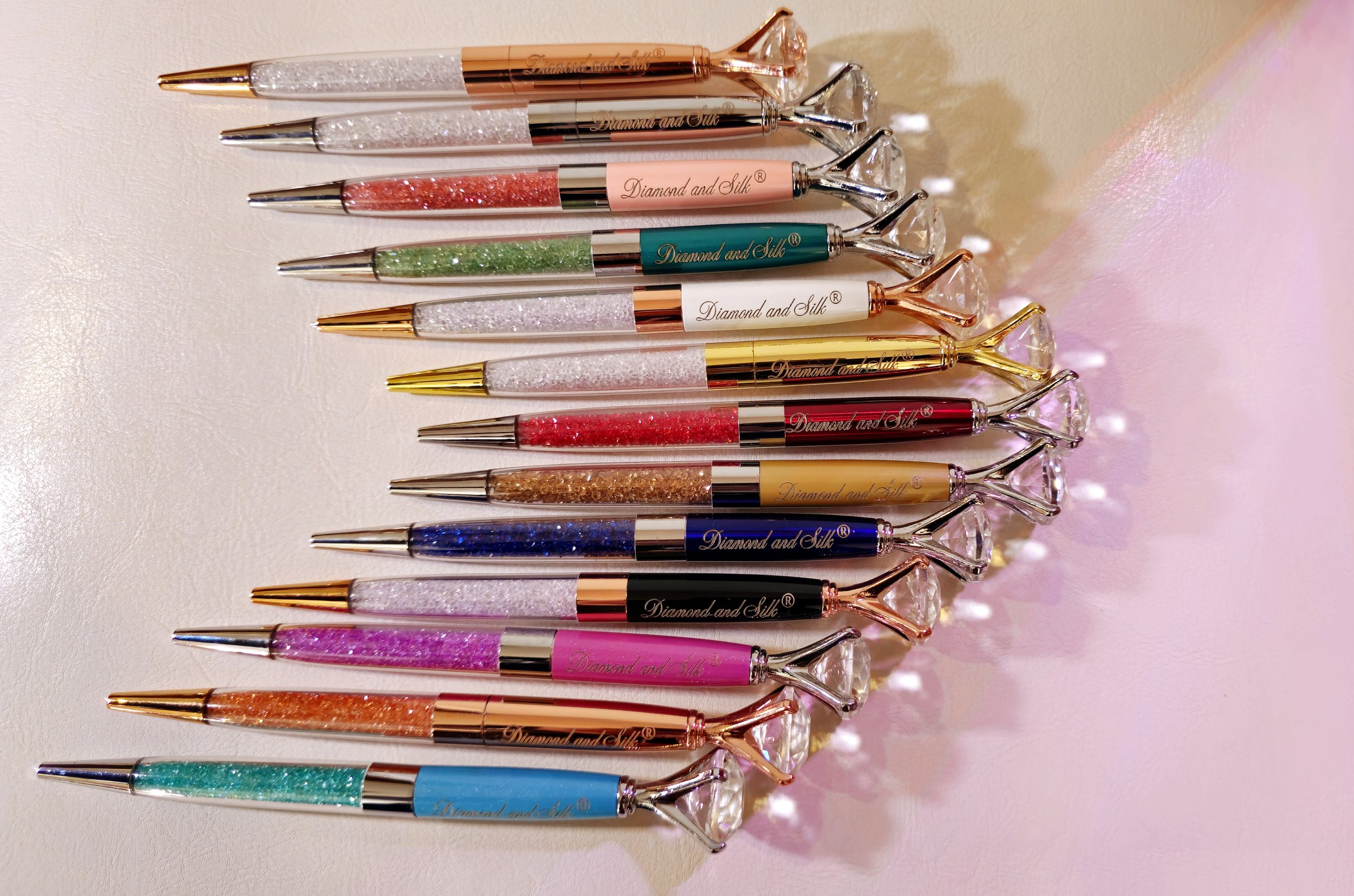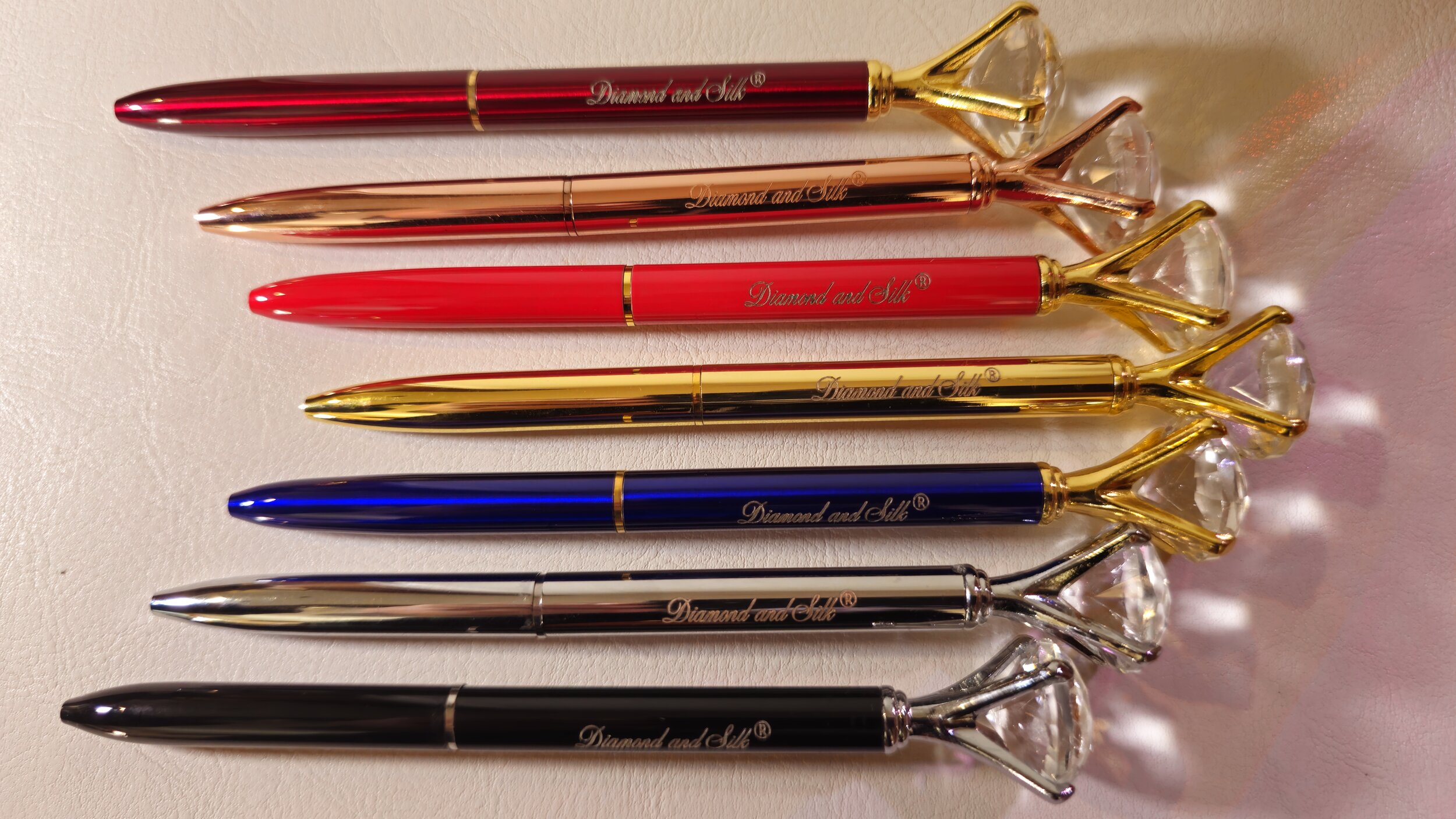President Trump Revives U.S. Foreign Policy in the Middle East Prioritizing Economic Strength and American Innovation
By The Blog Source
The Biden administration purposefully withheld the actual number of student loan defaults until after the 2024 election, according to recently revealed data. Independent verification now reveals that millions of borrowers were far behind on their payments, despite the Department of Education's near-perfect payback rate claim.
President Donald J. Trump's results-driven diplomatic offensive throughout the Middle East has completely upended conventional U.S. foreign policy. Trump won more than $2 trillion in investment promises from Saudi Arabia, Qatar, and the United Arab Emirates by putting American ingenuity and economic power ahead of ideological rhetoric. According to Rebecca Grant of Fox News, this trip was a "wildly successful, business-first" expedition that embodies Trump's fundamental foreign policy tenets: peace via economic might rather than hollow pledges or military involvement.
Trump secured over $2 trillion in investments, including $1.4 trillion from the UAE, which focused on American industry, data centers, and natural gas. Significant agreements were made in the fields of AI and aerospace, such as the largest-ever order for wide-body aircraft from Qatar and the yearly delivery of 500,000 Nvidia processors to the United Arab Emirates. To counter China's influence in the world economy, Trump enlarged his diplomatic team by adding CEOs from Tesla, Nvidia, OpenAI, Boeing, and other companies.
President Trump's recent trip to the Middle East was more than just a tour. As Rebecca Grant pointed out in her Fox News opinion piece, Trump's strategy is founded on the belief that "international relations work best when they consist of sharp-elbowed business deals."
Trump has had this idea since at least 1987, and this trip was the realization of it. He notably paid $95,000 at the time on a full-page ad in The New York Times calling on the United States to cease funding the defense of its rich allies. "We are defending Saudi Arabia." In a 1987 CNN interview with Larry King, Trump said, "They should pay for it." Now, some forty years later, President Trump has achieved just that: Arab countries are reinvesting billions of dollars in the United States.
Trump is "sweeping away tenets that drove American foreign policy for the last hundred years," according to Grant, ranging from Wilsonian idealism to interventionism from the Obama-Clinton era. Trump's foreign policy is centered on exporting natural gas, AI chips, and aircraft built in the United States rather than democracy or culture. A significant manufacturing win, the UAE's $1.4 trillion offer includes funding for aluminum smelting, the first in the United States in 35 years.
Furthermore, raw investment's effects extend beyond that. AI is a key component of American global leadership. America, not China, will continue to lead in this crucial field because of the UAE's annual purchase of half a million Nvidia AI chips. Grant wrote, "It was China or us." "I'm happy Jensen Huang got that deal instead of Xi Jinping."
With Qatar Airways purchasing 130 Boeing 787 Dreamliners and 30 777-9s, with options for an additional 50, the aerospace industry achieved a historic victory. The agreement supports 400,000 American jobs. To further its economic and national security objectives, Qatar also purchased cutting-edge F-16s and missile systems.
Trump changed the strategy, even when it came to complicated issues like Syria. Following a brief but crucial meetings with Syrian President Ahmad Al-Sharaa, he made the audacious decision to relax some sanctions. "Anyway, it won't be simple. Therefore, it offers them an excellent, strong chance," Trump stated during a meeting of the Gulf Cooperation Council. Grant notes that making astute decisions to keep China out of Syria was more important than picking allies.
The message did not exclude Iran. Trump declared in Riyadh that "Iran can have a much brighter future," sending a strong message: either forgo the nuclear route and benefit economically or face ongoing military pressure from American bombers and carriers in the area.
The entire tour was a blow to America's enemies around the world. "Every move Trump makes in the Middle East is a tactical loss for China and Russia," Grant wrote. Trump's economic offensive directly targeted Russia's destabilizing military involvement in Syria and China's exploitative Belt and Road Initiative.
And world leaders are reacting. "President Trump is ultimately a businessman," UAE Foreign Trade Minister Dr. Al Zeyoudi stated to Gulf News. "He wants to make an agreement. He is considering value addition for the United States.”
According to Rebecca Grant, Trump's second term marks the start of a golden period for American foreign policy. Trump is putting the United States in a position to outcompete China and assure prosperity without endless war, something that decades of foreign policy elites were unable to accomplish with high-stakes corporate diplomacy and a delegation full of CEOs. "Commerce, not conflict," Grant said. And the United States is winning this time.
To join the Diamond and Silk Monthly Supporter Program, visit http://SupportDiamondandSilk.com.
Lindell TV, VOCL, ChatDit, Rumble, TruthSocial, and Diamond and Silk Media are all excellent ways to stay connected with Diamond and Silk.
